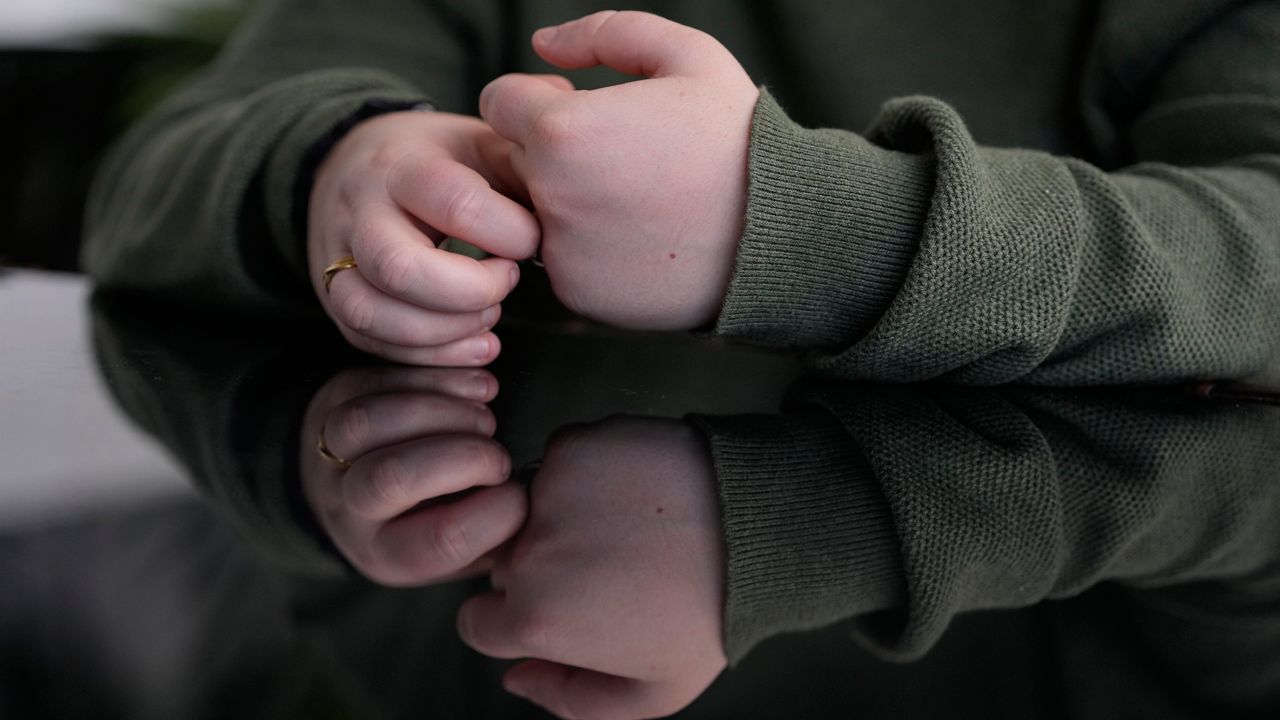Gov. Kathy Hochul wants New York's efforts to address mental health care for kids to be a national model through $1 billion in spending to help people from "falling through the cracks."
Hochul this weekend published an op/ed in The Daily News outlining her approach to address mental health care concerns for kids more than three years since the start of the COVID-19 pandemic.
The disruptions for younger people have been numerous, from uncertainty over in-classroom instruction, the expansion of social media and heightened anxiety over safety, Hochul said.
"Having spoken to kids and hearing their heartbreaking stories of isolation, fear, and loss, they have consistently made it clear: they need more help," she wrote. "They need more mental health professionals in schools, not one counselor for a school with 700 students. They need to learn in an environment free from the fear of gun violence, which has become the leading cause of death for children and teens. They need training to discuss the power of social media and its impact on mental health in smart, thoughtful ways."
Hochul called the mental health care concerns facing kids "a crisis" and pointed to efforts meant to address gun violence as well as the broader discussion surrounding mental health care.
But whether the changes and additional money will have an impact remains to be seen. There are growing concerns over deaths by suicide among young people as well as the impact of mental health on LGBTQ youth. The Centers for Disease Control and Prevention found 42% of young people have feelings of sadness or hopelessness.
A mental health summit was convened this year by the Hochul administration to review the intertwined issues.
"Further, we are going to define specifically what future policies New York can implement while pushing other states and the federal government to follow our lead," Hochul wrote. "These should include measures to stop social media from preying on our kids and reduce its influence on their mental health, embed professionals in the communities most heavily impacted by this crisis (e.g., LGBTQ, Black, and Latino communities), and invest in nation-leading mental health research programs to help inform future policy decisions."



